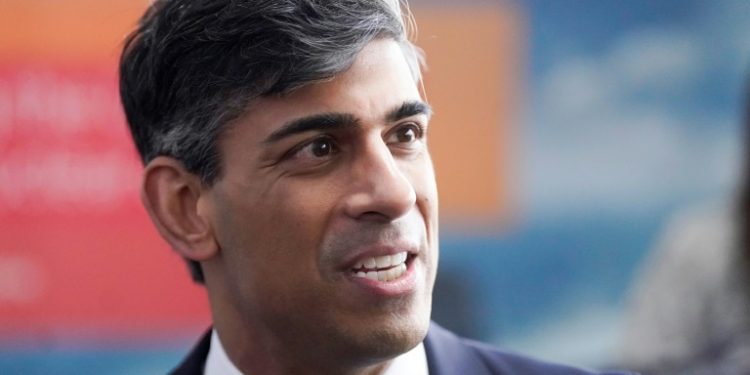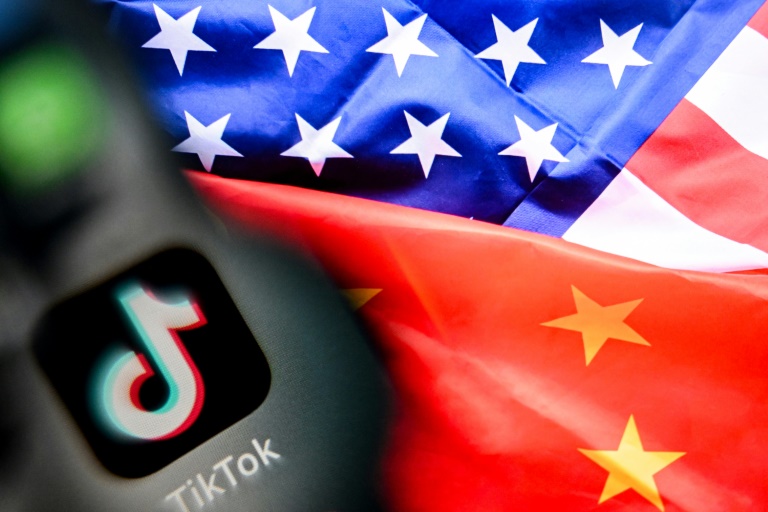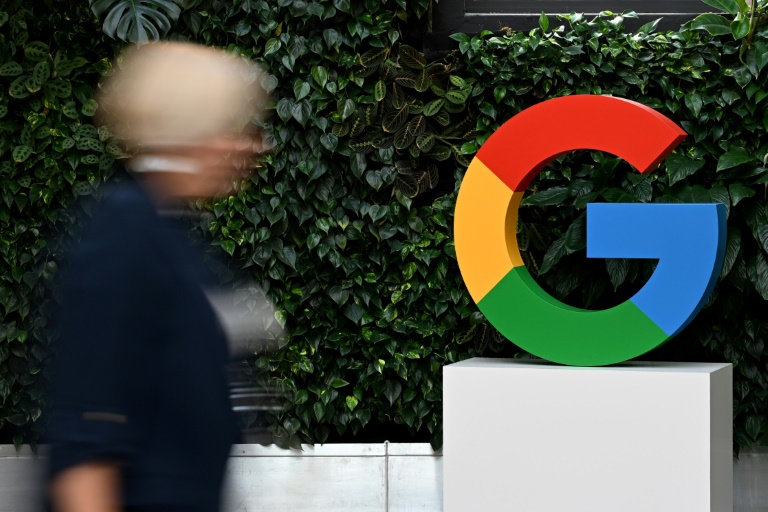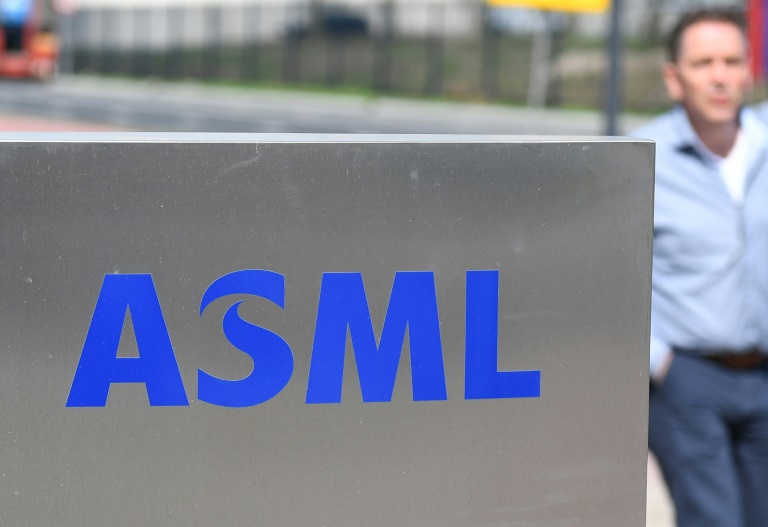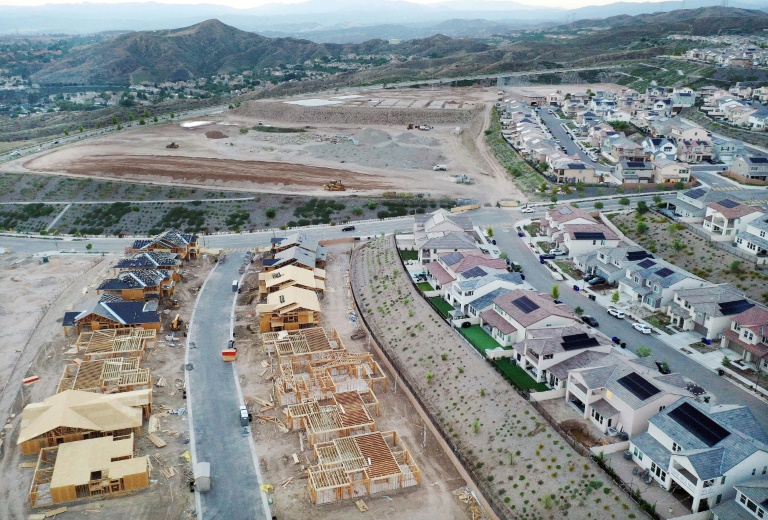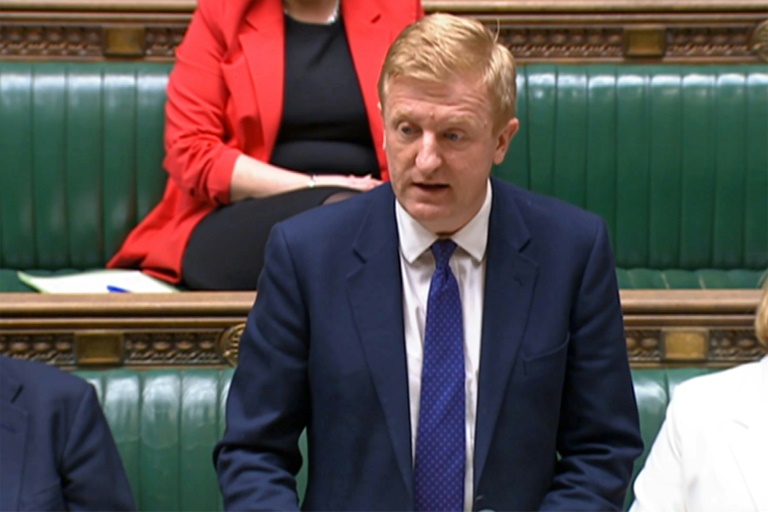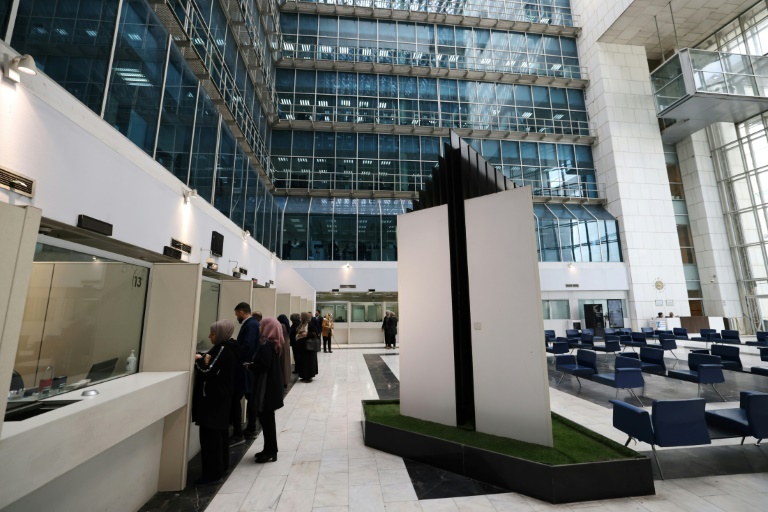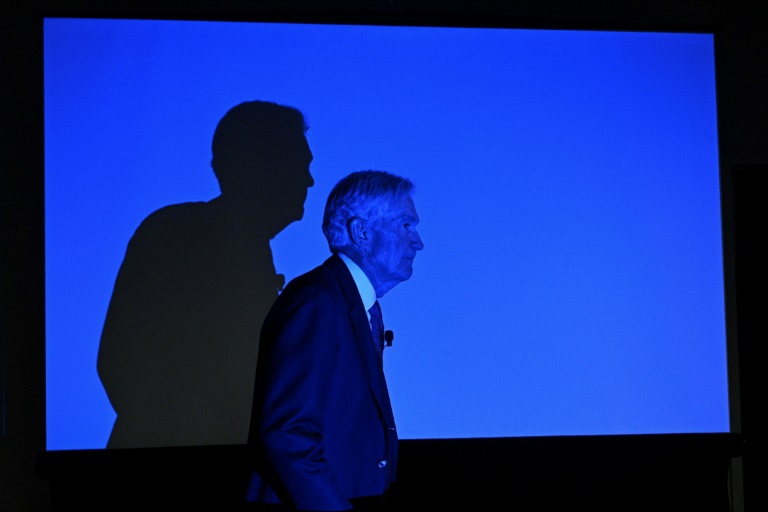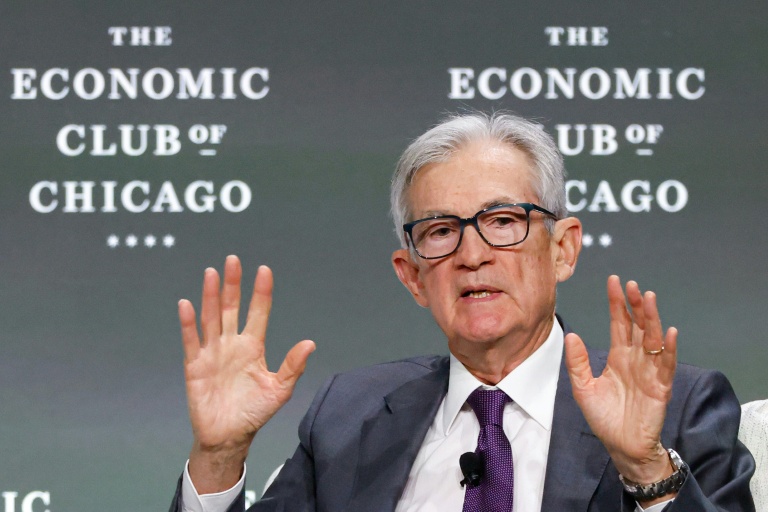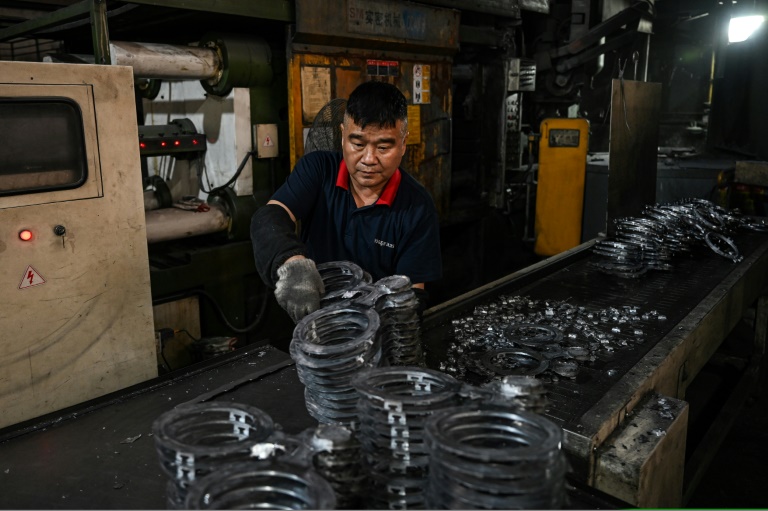London (AFP) – Prime Minister Rishi Sunak said on Monday the UK would do what was necessary to protect itself from a cyberattack by China, as Beijing-linked hackers were expected to be accused of recent security breaches.
Deputy prime minister Oliver Dowden is due to make a statement about the hackings of the electoral commission and parliament at 3:30 pm (1530 GMT). Sanctions are expected to be imposed on those allegedly behind the hacks.
Sunak talked tough on China when he made his bid to become leader of the ruling Conservative party in 2022 but has since moderated his stance while in office.
He said on Monday the government had “invested significantly” in capabilities and tools to protect the country, calling China “an economic threat to our security and an epoch-defining challenge”.
“We will always do what is required to keep our country safe,” he told the BBC broadcaster.
The electoral commission breach in August 2021 saw the personal details of about 40 million UK voters compromised.
Four MPs who have repeatedly called for tougher action against China were also called in for a security briefing after the attacks.
Conservative MP Iain Duncan Smith, one of those targeted, said Beijing should be labelled a threat to the UK.
“We must now enter a new era of relations with China, dealing with the contemporary Chinese Communist Party as it really is, not as we would wish it to be,” he told a news conference on Monday.
“Today’s announcement should mark a watershed moment where the UK takes a stand for values of human rights and the international rules-based system on which we all depend.”
– Denial –
Duncan Smith was one of several UK MPs sanctioned by China in 2021 because of his criticisms of alleged human rights abuses of the Uyghur minority and a squeeze on rights in Hong Kong.
He said the UK had been subjected to “harassment, impersonation and attempted hacking” from China for some time.
China’s foreign ministry spokesperson Lin Jian on Monday dismissed the allegations, saying Beijing had been “resolute” in curbing and striking down “all kinds of malicious cyber-activities”. “The issue of tracing cyber-attacks is highly complex and sensitive,” he added.
“When investigating and determining the nature of cyber-incidents, there should be ample objective evidence, instead of smearing other countries without factual basis, let alone politicising cyber-security issues.”
The UK has for several years been increasingly at loggerheads with Beijing over crackdowns on civil and human rights in China and the former British colony Hong Kong.
Ties have been strained further by the UK blocking access to Chinese companies in key British infrastructure projects, including in the nuclear and IT fields.
Last year a UK parliamentary researcher was arrested under the Official Secrets Act on accusations of spying for China.
In 2022, the UK domestic intelligence service, MI5, said that a female Chinese government agent had been “engaged in political interference activities on behalf of the Chinese Communist Party, engaging with members here at parliament”.
In July this year, parliament’s intelligence and security committee accused China of targeting the UK “prolifically and aggressively” and complained that the government did not have the “resources, expertise or knowledge” to deal with it.
China has consistently denied accusations of espionage and other wrongdoing.
© 2024 AFP

